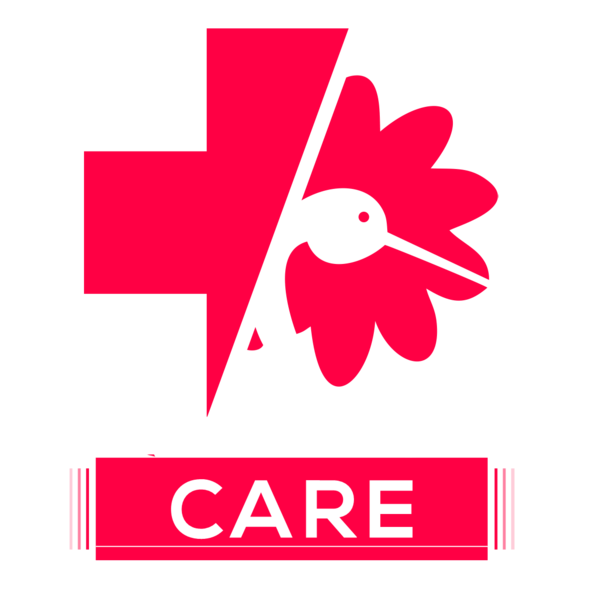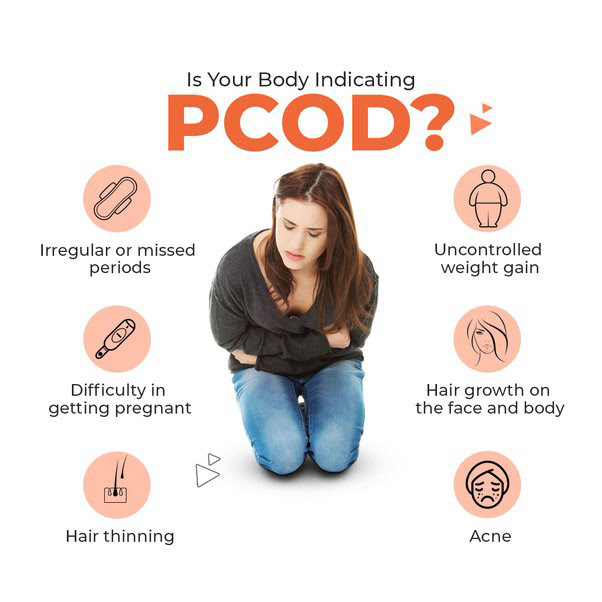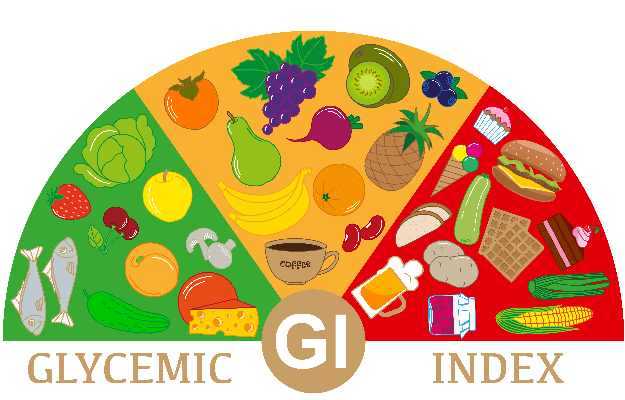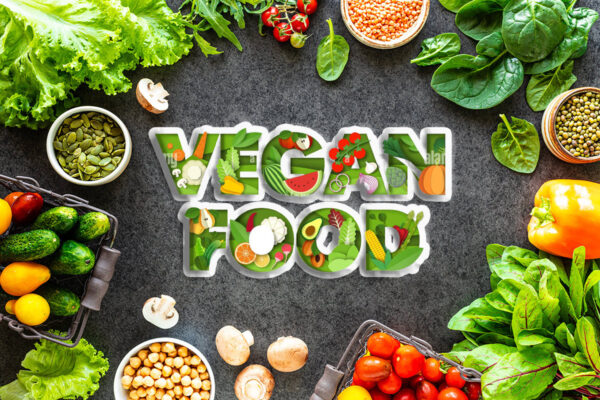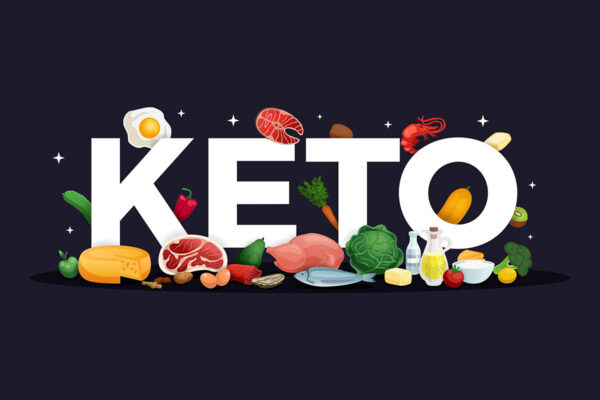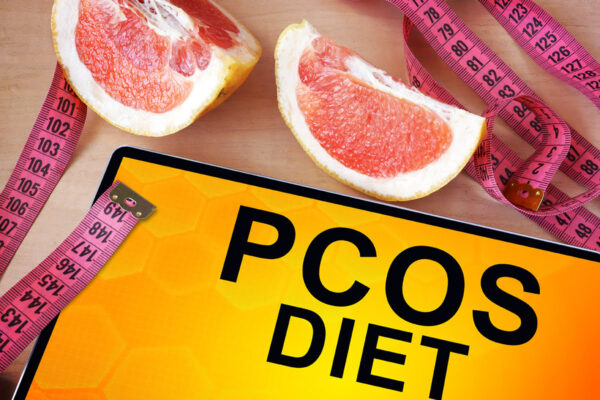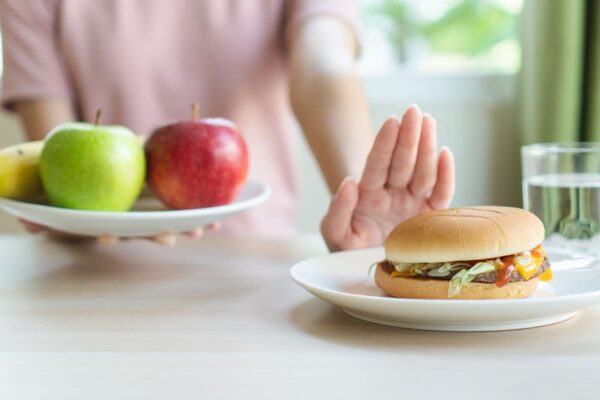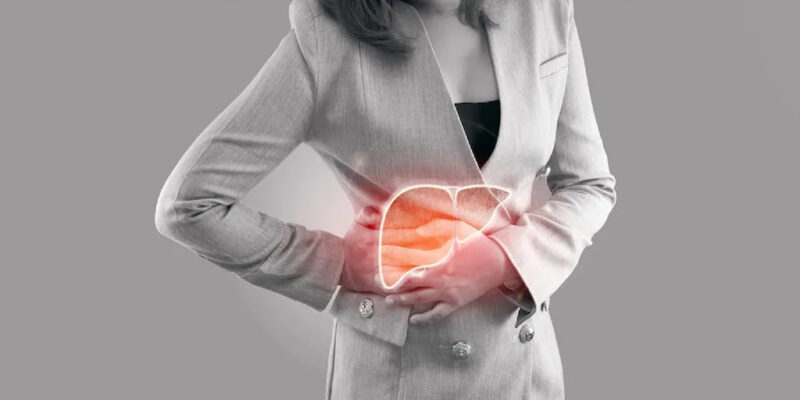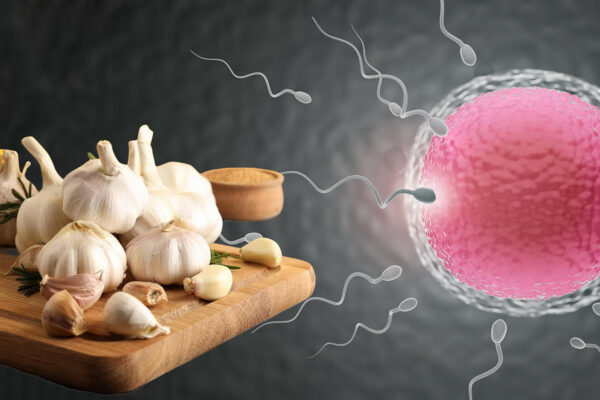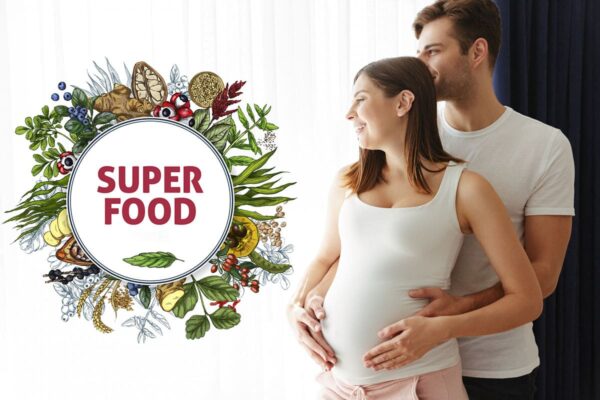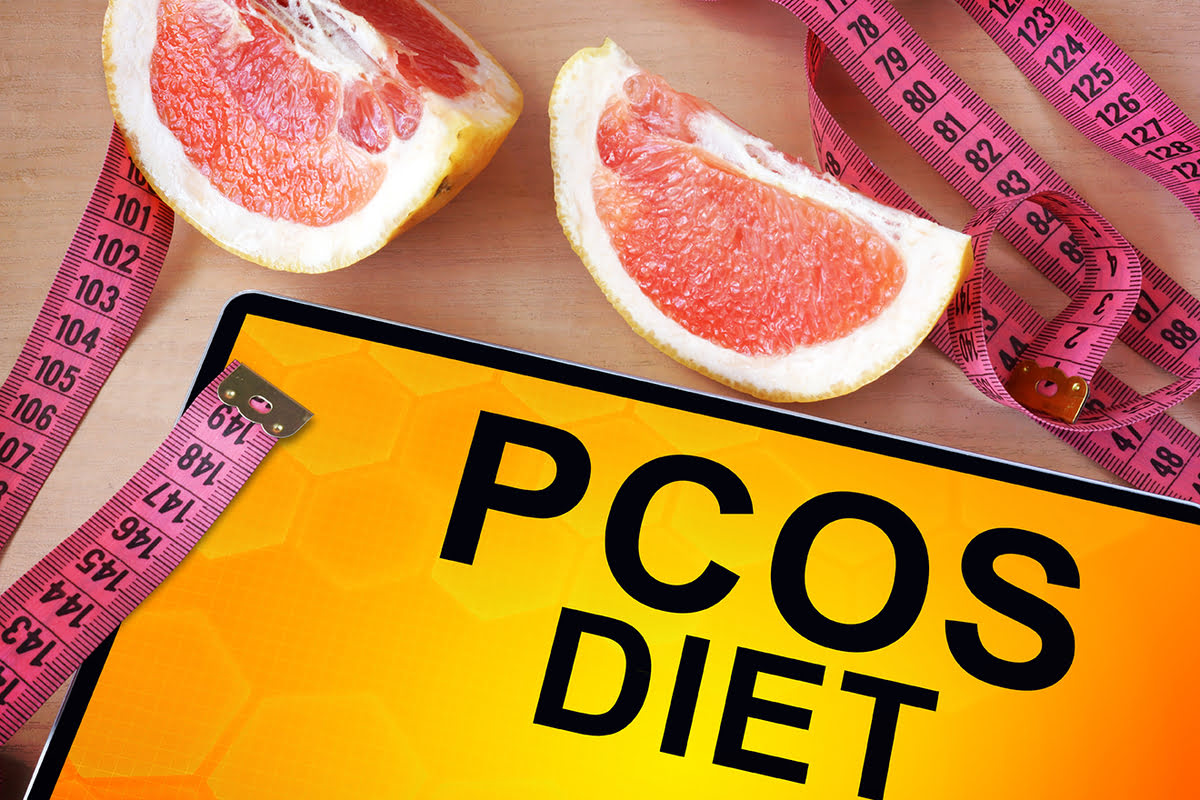
Polycystic Ovarian Disease (PCOD) is a condition where the ovaries release many immature or partially mature eggs, which eventually turn into cysts. PCOD treatment & PCOD diet focus on minimizing the severity of symptoms.
What Causes PCOD?
The ovaries normally produce female sex hormones and a small amount of male sex hormones (androgens). These help in the proper development of eggs in the ovaries during each menstrual cycle.
Polycystic ovarian syndrome is connected to an imbalance in these sex hormones. PCOD causes production of more androgens. Patients stop ovulating, develop acne, and develop excess facial and body hair due to this.
Foods to consume in PCOD
According to research, what people eat has a big impact on PCOD. There is considerable agreement on which foods are good and appear to assist people in managing their disease and which foods should be avoided. Three diets that may help PCOS patients manage their symptoms are listed below:
A diet with a low glycemic index (GI)
Meals with a low GI are digested more slowly by the body, which means they do not cause insulin levels to rise as much or as quickly as foods with a higher GI, such as some carbs. A low GI diet includes whole grains, legumes, nuts, seeds, fruits, non starchy vegetables, and other unprocessed, low-carbohydrate foods. Anti- which may help to alleviate inflammation-related symptoms .
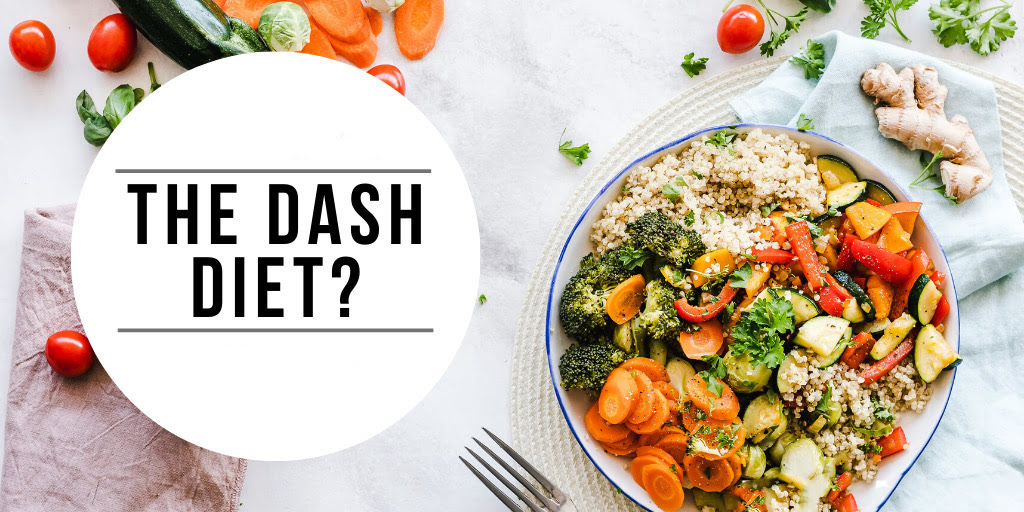
The DASH diet
To lower the risk or impact of heart disease, doctors frequently recommend the Dietary Approaches to Stop Hypertension (DASH) diet. It may also help with treating the PCOS symptoms. inflammatory foods: This includes berries, fatty salmon, leafy greens, and extra virgin olive oil.
The food items that must be included in PCOD are:
- Foods that are unrefined and natural
- Fishes with high Omega fatty acids , such as salmon, tuna, sardines, and mackerel
- Leafy vegetables such as kale, spinach, broccoli
- Dark red fruit like crimson grapes, blueberries, blackberries, and cherries
- Healthy fats like olive oil, avocados, and coconuts and nuts, such as pine nuts, walnuts, almonds, and pistachios
- Spices, such as turmeric and cinnamon
- Dark chocolate in moderation
Avoid these foods to get rid of PCOD
Patients with PCOD should avoid items that are already regarded as unhealthy in general. Here are a few examples:
- Refined carbohydrate sources include cakes, pastries and white bread.
- Fried food and fast food such as pizza and burgers
- Carbonated beverages, such as sodas and energy drinks. They are high in sugar.
- Processed meats, such as salami, sausages, and hot dogs, cured ham and bacon, along with luncheon meat.
- Margarine, shortening, and lard
- Red meat like steaks, pork and hamburgers





